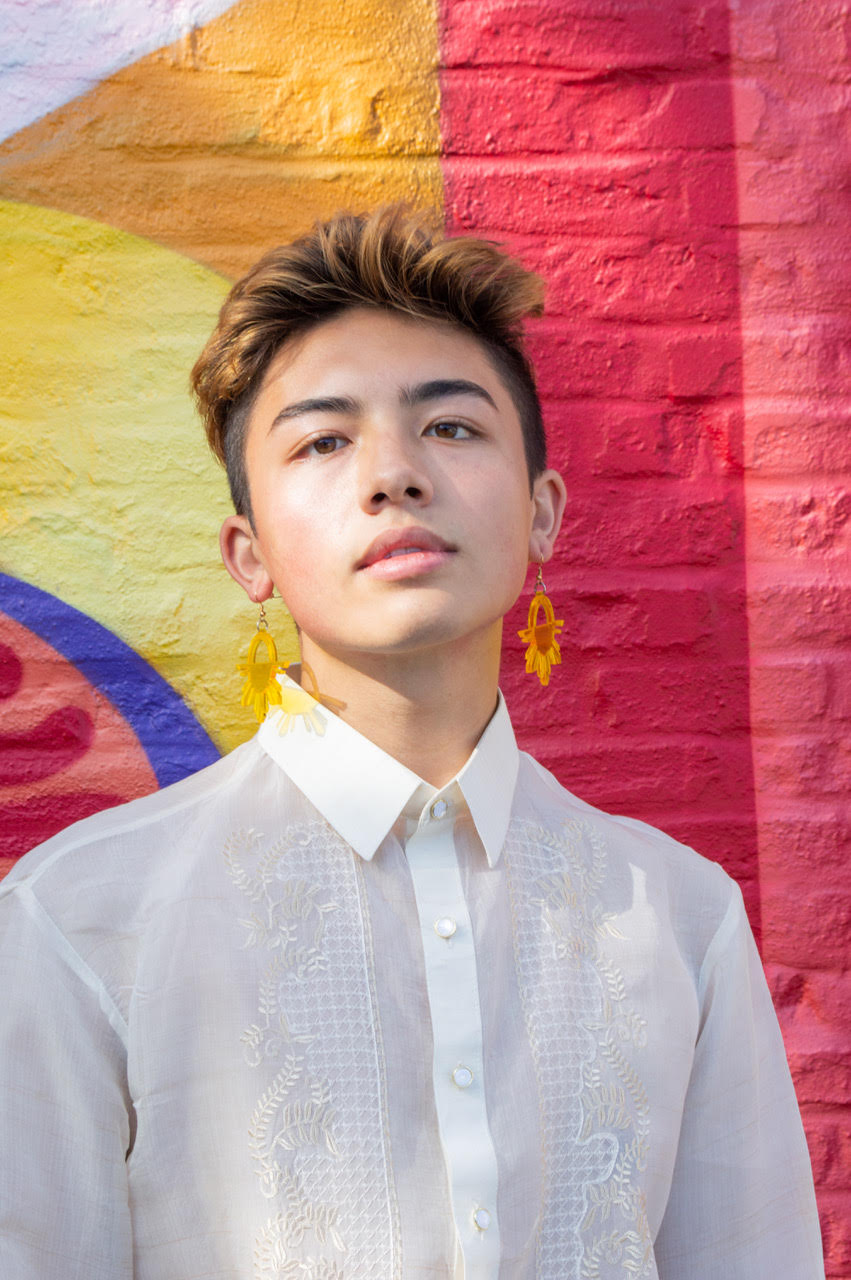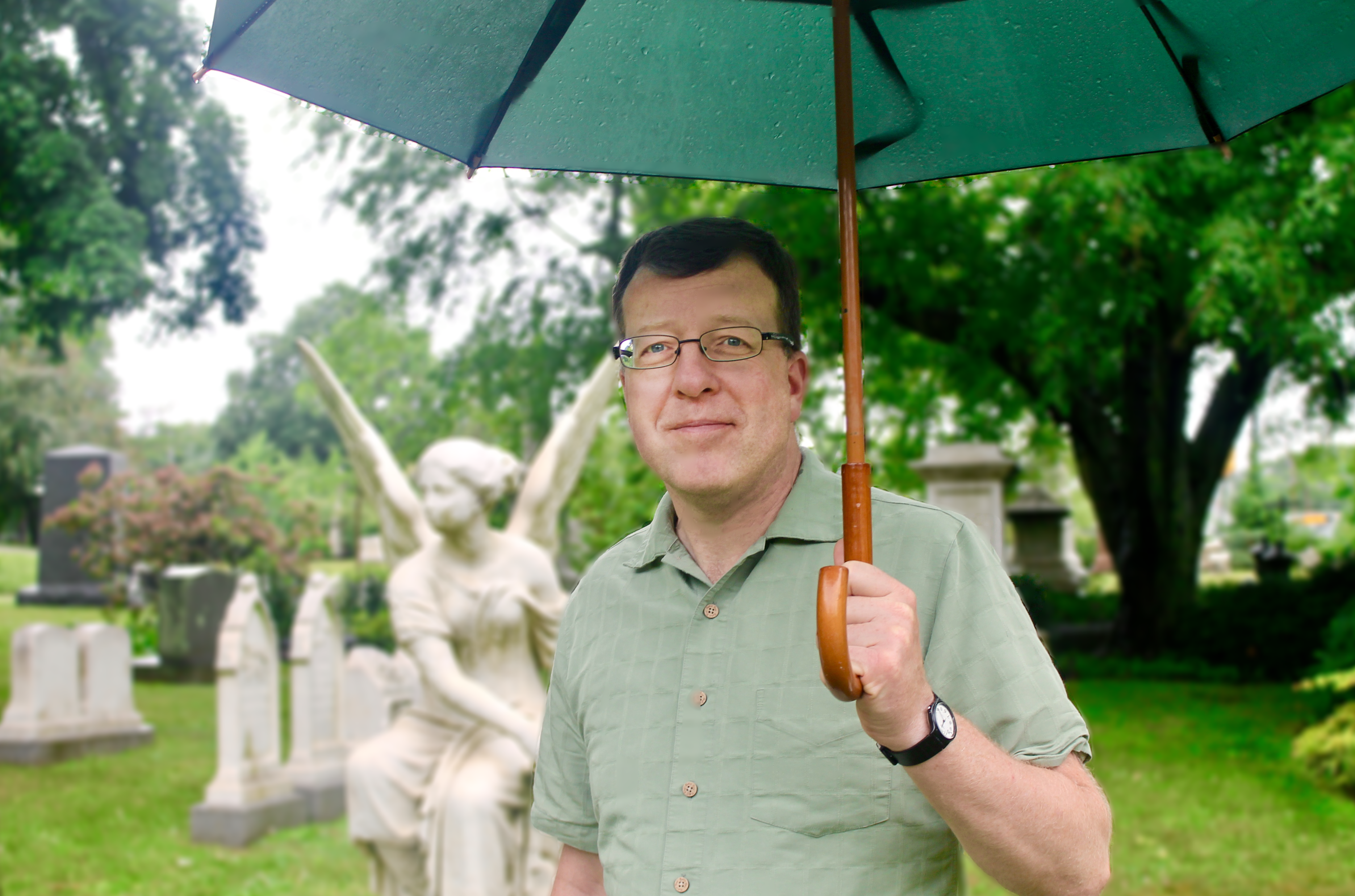Playwright Spotlight | The Walking Plays
Get to know our Walking Plays playwrights! The Walking Plays is a series of six free audio plays, each written by different playwrights. We asked each of them a few questions about what it was like to be part of a commissioned work with so many other artists.
David Valdes, On Paying Attention
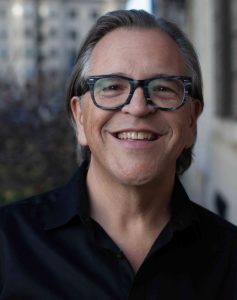
What was the most challenging aspect of writing an original work that is part of a larger series? What was the most rewarding?
I had it easy, because I could launch the story, so my only challenge was deciding whose story to tell!
Where did you draw inspiration from?
I drew inspiration from the city itself–letting my eyes and ears inform the play as I walked the route–and from the events of the summer of 2020, which was just ending when I started writing.
What is your favorite thing to listen to on a walk?
I’ve walked every day during the pandemic, usually listening to music when I walk. Favorite soundtracks, depending on mood and weather: the Cuban hip-hop group Orishas, choral groups like Voces8, pop electronica like James Blake, and lately Rosalia.
Ginger Lazarus, Monster in the Sky
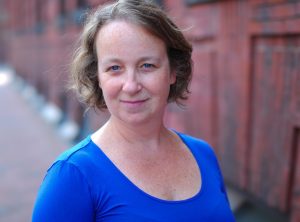
What was the most challenging aspect of writing an original work that is part of a larger series? What was the most rewarding?
Most challenging: Getting inside a character created by another writer. Most rewarding: knowing that the recurring character is getting a longer arc and going on more adventures.
Where did you draw inspiration from?
I went to a tiny elementary school in the Back Bay, and we took a lot of spontaneous field trips around Boston. So I was inspired by those memories, the excitement of getting out and exploring the city. I took a walk along my route on a foggy day in October 2020, with the pandemic raging in the background, and right after I crossed Charles St into the Common, I looked up and saw the John Hancock tower with its top half disappearing into a cloud. When I was a kid, my family would joke on such occasions that something giant had bitten it off. Finally, on a more depressing note, it occurred to me that living with COVID reminded me a bit of the days and weeks after 9/11, when life went on, but everything was different.
What is your favorite thing to listen to on a walk?
I actually never listen to anything other than the sounds around me! Never liked walking around with headphones or earbuds—I feel too cut off from the world. (I will make an exception for the Walking Plays.)
Liana Asim, Kill the Dogs, Knock the Over!
What was the most challenging aspect of writing an original work that is part of a larger series? What was the most rewarding?
If I’m honest…the biggest challenge was getting past the idea that I had to follow two very well established playwrights that I admire.
My early thoughts were “OMG, this is going to be TRASH! What have I gotten myself into?!?” Ultimately the spirit of their expertise inspired a level of creativity that turned out all right.
Where did you draw inspiration from?
Literally, the street. I decided to walk Downtown Crossing, the neighborhood that I was assigned. I couldn’t find the marker for the Boston Massacre until I tripped over it and rolled like a tumbleweed. I wasn’t hurt—not even a scratch. The cobblestone marker was beneath me and I knew it would be a pivotal part of the work.
What is your favorite thing to listen to on a walk?
The sounds of nature always prove to be the best backdrop for my own thoughts or whatever story or character is battling its way to the page or stage.
Miranda ADEkoje, In Any Face
What was the most challenging aspect of writing an original work that is part of a larger series? What was the most rewarding?
It was challenging not having the creative freedom to come up with my own characters and having to play in line with the previous writer. Thankfully the writer before me was the brilliant Liana Asim, and she made a fantastic, sci-fi, time jumping piece that gave me a lot to play with. The challenge wound up being the most rewarding because it pushed me creatively. Writing about a character that had time transported into the body of Sojourner Truth is never something I would have come up on my own!
Where did you draw inspiration from?
I worked at a homeless shelter in Roxbury called the “Sojourner House” for two years. It is the first family shelter in Boston. It’s in an actual house and functions as a boarding home for families facing hardship. It was a pleasure to be able to shine a light on the Sojourner House and the unique community it serves. I’m also quite moved by the diverse experience of homelessness in the city of Boston. It has many faces and I was inspired to write one I haven’t seen.
What is your favorite thing to listen to on a walk?
Other people’s conversations! That’s something I’ve missed during quarantine and the pandemic. With the social distancing, you can’t get as close to people and eavesdrop. I get some of my best material that way!
Melinda Lopez, Living Water
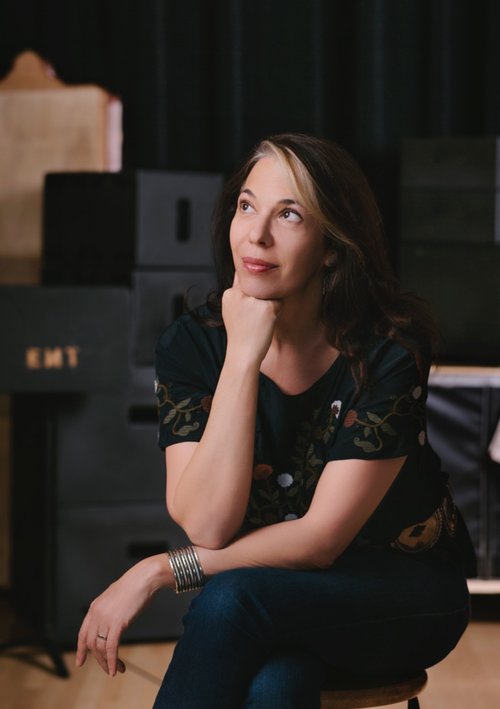
Photo by Adam De Tour
What was the most challenging aspect of writing an original work that is part of a larger series? What was the most rewarding?
Waiting to see what characters I would get from the playwrights, and what the arc of the story was, before ever getting started on the play— it was like waiting for a present— When it finally came, it was even better than I imagined—time travelers!
Where did you draw inspiration from?
My husband had been working for many years with the Green Ribbon Commission for the City of Boston, looking at how Arts Leaders could position themselves to address climate change. He would come back form the meetings with the most appalling statistics. Then I went to the City of Boston website to see what the prognostications were for the future—I used that as the foundation for my look at the City of Boston 200 years in the future.
What is your favorite thing to listen to on a walk?
I have been loving Maria Garcia’s incredible podcast ‘Anything For Selena’ I give it 500 stars!
Micah Rosegrant, Living Water
What was the most challenging aspect of writing an original work that is part of a larger series? What was the most rewarding?
I feel young in my writing practice, and as I grow, I learn to honor and love writing co-creatively. In blooming out the spirit of the world that Melinda so wondrously weaves into this series, I felt that playing/practicing authorship together allowed me to dream beyond the magics of my own imagination.
Where did you draw inspiration from?
The spirituality I flow through has been the most powerful muse in my recent life. Through my practice, I attune to my body and its many tetherings to the world it’s borrowed from. By listening and honoring the ways Divinity appears in my life, I find ways to let my bloodlines ink the page.
What is your favorite thing to listen to on a walk?
I love listening to friends’ music and podcasts on my walks; it’s like asynchronous quality time with my beloveds!
Patrick Gabridge, Monstrat Viam 
What was the most challenging aspect of writing an original work that is part of a larger series? What was the most rewarding?
I was writing the final episode, so the tricky part was figuring out a way to tie them all together. And in this case, because the first five episodes move so far, in terms of time, it was especially tricky. But I love a good challenge, and Melinda’s play ended up in such an interesting place, that I wanted to make mine start off as a continuation of what she’d begun, before making one final shift. The best part is always getting to hear it aloud in the voices of the actors. In this time of pandemic, I really miss being in rehearsal, so it was great to be in a virtual recording session with Courtney and the actors and the rest of the team.
Where did you draw inspiration from?
Well, my main inspiration needed to be the first five episodes, and really thinking about the characters, flavor, and tone of what the first five writers had created. But then I needed to head into Boston and walk the route–it was right after a big snowstorm, so I had to really work my imagination to see the future tropical Boston that Melinda had established. I walked the route a couple times, trying to pay close attention to the buildings, looking at details I might have missed before. I’ve spent a lot of time writing about the history of Boston, so I carry a lot of that with me in the back of my mind. But I also got home and started doing research on the history of certain places, like the castle, to see how they might fit in. I loved learning about the history of the building that houses the Lyric.
What is your favorite thing to listen to on a walk?
It’s funny, but I don’t usually wear headphones while I walk, because I’m so interested in the sounds of the world around me, whether it’s traffic, birds, or snatches of passing conversations. Most playwrights are natural eavesdroppers (and I really miss riding the T these days). If I do wear headphones, I might listen to music, but I have a bunch of podcasts that I like–Ezra Klein, RadioLab, On The Media, Afford Anything. I’m very much looking forward to listening to this series while walking the path we’ve set out.




